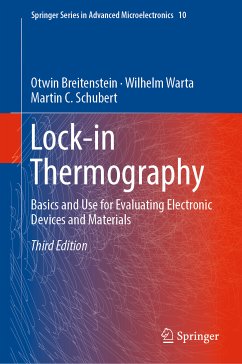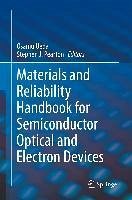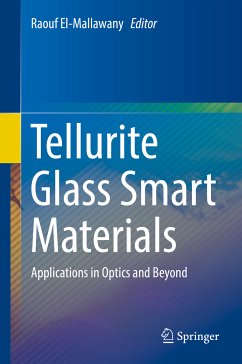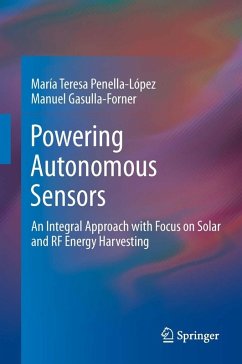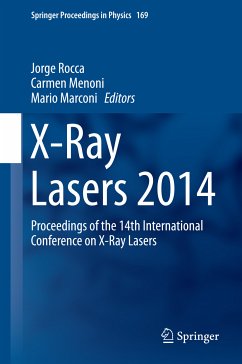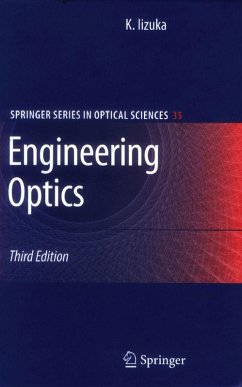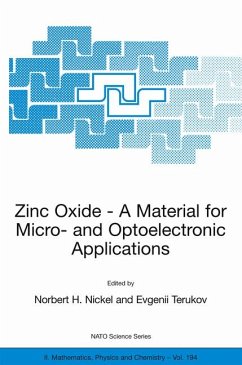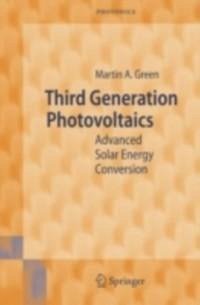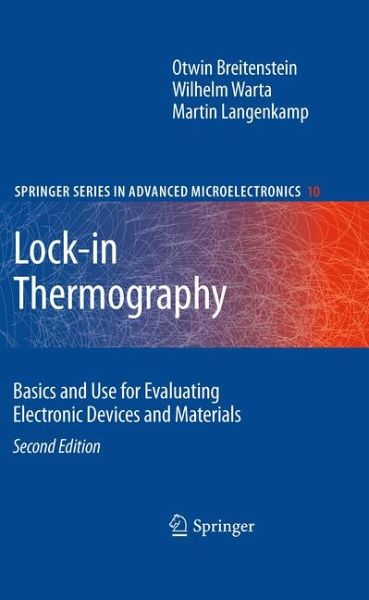
Lock-in Thermography (eBook, PDF)
Basics and Use for Evaluating Electronic Devices and Materials
Versandkostenfrei!
Sofort per Download lieferbar
72,95 €
inkl. MwSt.
Weitere Ausgaben:

PAYBACK Punkte
36 °P sammeln!
In the last 7 years, the ?rst edition of "Lock-in Thermography" has established as a reference book for all users of this technique for investigating electronic devices, especially solar cells. At this time, a vital further development of lock-in therm- raphy could be observed. Not only the experimental technique was improved by applying new and better infrared cameras, solid immersion lenses, and novel t- ing strategies, but also completely new application ?elds of lock-in thermography were established by implying irradiation of light during the measurements. The two groups of new techniques ...
In the last 7 years, the ?rst edition of "Lock-in Thermography" has established as a reference book for all users of this technique for investigating electronic devices, especially solar cells. At this time, a vital further development of lock-in therm- raphy could be observed. Not only the experimental technique was improved by applying new and better infrared cameras, solid immersion lenses, and novel t- ing strategies, but also completely new application ?elds of lock-in thermography were established by implying irradiation of light during the measurements. The two groups of new techniques are different kinds of Illuminated Lock-In Thermography (ILIT) and Carrier Density Imaging, resp. Infrared Lifetime Imaging (CDI/ILM). While ILIT is performed on solar cells, CDI/ILM is performed on bare wafers for imaging the local minority carrier lifetime and the local concentration of trapping centers. The new edition of this book implements these new developments. One new section entitled "Timing strategies" is added. In this, new ways are introduced to overcome previous limitations of the choice of the lock-in frequency in comparison with the frame rate of the camera. The previous diffraction limit of the spatial resolution can be overcome by a factor of up to 4 by applying so-called solid immersion lenses. This technique is introduced and its application for failure analysis of ICs, where highest possible spatial resolution is desired, is shown in another new section.
Dieser Download kann aus rechtlichen Gründen nur mit Rechnungsadresse in A, B, BG, CY, CZ, D, DK, EW, E, FIN, F, GR, HR, H, IRL, I, LT, L, LR, M, NL, PL, P, R, S, SLO, SK ausgeliefert werden.




